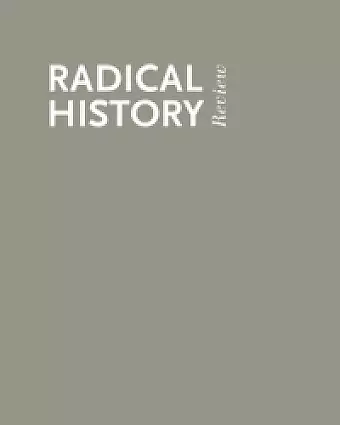Uses of the Folk
Karl Hagstrom Miller author Ellen Noonan author Karl Hagstrom Miller editor Ellen Noonan editor
Format:Paperback
Publisher:Duke University Press
Published:23rd Sep '02
Currently unavailable, and unfortunately no date known when it will be back

Carves out a new area of inquiry at the intersection of feminisim and critical geography, as well as globalization, postcolonial, and cultural studies
Carves out a fresh area of inquiry at the intersection of feminism and critical geography, as well as globalization, postcolonial, and cultural studies. This issue begins with the premise that vernacular culture is an important tool through which communities assert their interests and identities within national and international politics.The Uses of the Folk introduces a new way of understanding the relationship between artists and populations designated as "the folk" and the scholars who define them. The issue begins with the premise that vernacular culture is an important tool through which communities assert their interests and identities within national and international politics. More than simply protecting or preserving traditions in the face of modernization, folk culture—and state or academic interest in it—gives many practitioners a rare but powerful voice within debates about modernity, national identity, and culture from which they have typically been barred. Folk communities often show a profound willingness to change the presentation of the culture in order to gain maximum advantage from authorities needed for authenticating power.
The essays explore a variety of incarnations of "the folk," from the contested meanings of folk dance in creating a national culture in twentieth-century Haiti and Nicaragua, to the ways that the London Museum’s collection of artifacts challenged early-twentieth-century British notions of gender, labor, and citizenship, to the production of urban folklore in New York City. The Uses of the Folk identifies folk culture of the past and present as an important site of ongoing struggle—one affecting all scholars who draw on folk or vernacular culture in their work.
Contributors. Adina Back, Jordanna Bailkin, Regina Bendix, Katherine Borland, Sally Charnow, Peggy P. Hargis, Georgina Hickey, John Howard, Shafali Lal, R. J. Lambrose, Ronald Radano, Kate Ramsey, Gerald Shenk, David Takacs, David Waldstreicher, Daniel Walkowitz, Steve Zeitlin
ISBN: 9780822365525
Dimensions: unknown
Weight: unknown
224 pages